|
Please schedule an appointment to come visit our new office location at 351 Wagoner Dr., Suite 317 Fayetteville, NC. We will be having child birth education, yoga, yogaRoo, Lactation classes and more!!! Please come join us and contact us today for pre-registration or interest!
Earthbound Doulas Serve clients at Womack/ Moore Regional/ Baby+Co./ Central Carolina Hospital/ Cape Fear Valley Hospital Stay Words are created.…Thoughts are thought.…Feelings are felt …The body then responds physically, through hormones and other chemical messengers in response to words.Words create belief systems that produce very strong effects. What we believe to be true at the conscious level is very important, yet what we perceive at a subconscious level is even more important because the subconscious mind creates, maintains, strengthens and nourishes all belief systems.The subconscious mind does not think or reason, it only responds to thoughts and feelings created by the words we think, speak and hear. Our subconscious beliefs will ultimately affect our self-esteem, health, choices and behavior; therefore they have the potential to determine a woman’s pregnancy health and birth experience. When an expectant woman’s beliefs are positive and empowering ones, the results will reflect that, therefore the words she uses and hears need to be positive and encouraging. Altered States of Mind Affect Language Processing an altered state of mind is one (that naturally occurs) in which we become more suggestible and are more easily affected by our surroundings and words that we hear. We enter an “alpha” state, engaging our subconscious mind more quickly, allowing us to react automatically in the moment. Our conscious mind takes a little break and we are “in the zone”.
We need to be very careful of the language that we use with expectant mothers since they are in an altered state of mind; much more suggestible.Words can paint mental pictures, change behaviors, and alter symptoms or sensations. This phenomenon can be demonstrated by thinking about eating a lemon. Try it. Think about eating a lemon, smelling it, biting into it and remember what a lemon tastes like. You may have made a face, experienced salivation or even jaw pain. The subconscious mind does not think or reason, it only responds to thoughts created by the words we speak and hear. Words used are important in helping moms deal with fears and built-in anxieties about treatments, findings, cost, inconvenience, loss of control, major life events, threat of loss or disfigurement and alien environments. Have you or a family member experienced a situation where the words used by a health care provider caused a change in your feelings, good or bad? Suggestions should be positive and affirming, clear and specific, firm, believable, rich in imagery, and beneficial. Suggestions should avoid anger or blame. In other words, avoid saying, "How could you do something so dumb?" Avoiding any negative words like "pain" and "hurt." All of the suggestions above become “waking suggestions”, and can create instant effects for the person hearing them, but the ones on the right create a much more positive effect. When working with expectant parents I do my best to maintain the most healthy attitude for their baby’s upcoming birth. I like to use Hypno-birthing Terms with clients and other aspects with my own family. I believe words are a powerful influence in everyone lives. We use language to describe our life experiences, and we use language to help us create our future experience. When positive and encouraging words are used to define or create an experience, we can expect the outcomes will more than likely be positive. If the words used are negative or discouraging they may undermine an experience altogether. Each of us attaches our own personal meaning to the words we hear and read, and the images we see, through a process called association. When expectant women watch birth videos that depict negative experiences, or when they hear, or read scary birth stories, their subconscious is being imprinted with the feeling behind the words used to describe the negative experience. Their subconscious may then associate the scary feeling, with the language that was used to depict the experience. I can't tell you how many people have negative associations with childbirth. Many words commonly used regarding labor and birth associate to expectant mothers, so we have changed some of them to create a positive association. If you can use positive words it is helpful to expectant mothers.
When we allow laboring mothers to get into their zone of a deep relaxation state that allows their muscles to become soft their birthing becomes easy and powerful within themselves. This allow moms to birth faster and progress to non-resistance, lack of tension and hypnotic pain elimination. In every effort as an authority figure, doula and professional, it is my goal to ALWAYS support, advocate and help execute every desire that deems necessary at a mothers birth. Over the years, I have realized that laboring mothers are so vulnerable during these intimate times of their lives. In most cases, I've noticed how medical staff always try to intervene negatively towards the laboring mother. As a professional that supports, advocates and believes in protecting birth. I can promise to always do my best to not employ the usual natural childbirth comfort measures for pain relief, and encourage movement to be used for descent and positioning of the baby, but not for comfort measures. Remember, you are never alone in this intimate process. This is your birth to embrace and own it to its fullest! We never want you to forget how beautiful and loved you are by every Doula near and far. Stay positive and be well :) Warmly, Natasha During pregnancy, mothers should learn about the importance of exclusive breastfeeding, postpartum community resources, frequent feeding and having enough milk, breast feeding management such as feeding on cue, rooming-in and skin to skin.
New mothers need anticipatory guidance, timely pro-active interventions to help mothers tune into baby ages and stages. Breastfeeding support works best when we reach out to family rather than waiting for them to contact us. Newborn Attributes Frequently this is when moms may have gotten off to a difficult or scheduled start and baby is trying to catch up. There is no apparent schedule for newborn breastfed babies. Always be prepared for cluster feedings. If your baby is cluster feeding it is normal for their growth and other times babies will cluster feed as a comfort measure. Normal breastmilk Intake For Newborns 10-12 feedings per 24 hour time frame that include several bowel movements each day from day two through the first six weeks. Be prepared for several wet diapers. The AAP say that the infant elimination patterns expect 3-5 urines and stools at 3-5 days old. Supplementing and vitamin D Deficiency According to the AAP(2012), All breastfed infants should routinely receive an oral supplement of Vitamin D, 400 U per day beginning at hospital discharge. If babies don’t get enough vitamin D, and may, rarely, develop rickets as a result. The babies most at risk for vitamin D deficiency are those who are dark skinned, whose moms are vegetarians and don’t eat fish, meat, or dairy, and who don’t get much sun. I would never give iron if you are still breastfeeding. Giving iron supplements to nursing babies can cause intestinal upset, due to special proteins in human milk which bind iron in the babies intestines and keep harmful bacteria from multiplying. Excess iron can interfere with the functioning of these proteins, allowing “bad” bacteria to thrive. Babies should be born with vitamin D stores from their mothers, but 36% of mothers and 58% of babies were found deficient in a 2009 study. Women with lower Vitamin D levels were more likely to have C-section deliveries compared to those with higher Vitamin D levels. Lower Vitamin D levels may also be associated with gestational diabetes. So optimizing a mothers vitamin D levels during pregnancy is very important! When to start solids & wean? 6 – 12 months, babies need an “educational” diet, where other foods gradually begin to provide for nutritional needs that milk alone can’t provide. Breast milk or formula should be the main source (75%) of calories until the end of the first year. 12 – 24 months the “complementary” diet goes up until at 18 months, milk provides 50% of the baby’s calories. 2 -3 years, up to 80% – 90% of the baby’s caloric intake is provided by foods other than milk. Foods like cereal and fruits also don’t provide the fat needed during the first year and beyond, so it is important to make breast milk the most prominent part of the baby’s diet while their bodies and brains are still growing. Mothers and babies deserve the most up-to-date information that can be provided! With the help and research of the AAP, UNICEF (United States Breastfeeding Committee) and Lactation Counselors all over the world like me. We are here to take a stand with 365 days of education and support around the clock for all mothers who seek it! Wearing your little one on your own body, in either a wrap or carrier, is an awesome way to be out in the world together. It creates a peaceful place for your child to settle into, and it harmonizes your breaths and heartbeats; both of you benefiting from the closeness of one another. I would like to teach a in person class of the five easy tips to bring more goodness and unity, essentially more Yoga, into your baby-wearing experience.
Please contact me for details in booking a class session! An anterior placenta is a placenta located on the front of the uterus. Most of baby’s small limb movements may be hidden behind the placenta.
What is the effect of an anterior placenta on fetal positioning? The anterior placement of the placenta may increase the chance of posterior presentation. Babies can also be anterior with an anterior placenta. How? Abdominal tone, when loosened, may allow the baby to turn from the placenta and face the mother’s back. A gentle Rebozo sifting (Manteada) may help baby be anterior when repeated regularly. Be Gentle, please. Take care of your placenta. Eat greens, easy to digest proteins (peanut butter and processed meat is not easy to digest) and salt to taste, whole grains and butter or avocados, almonds, and other “smart” fats rather than corn oil or fried fats. Take care of your placenta. Don’t jolt your pregnant body by dropping into forward-leaning inversion suddenly. Wear a seat belt. Avoid smoking and drugs that may harm the placenta and baby. Every Mother Counts, Natasha  Carrier screening is a simple blood test that can be ordered through your doctor and will provide information to you and your partner about the risk of having a child with a genetic disease. Many people choose to have this testing either while trying to get pregnant or during early pregnancy. Why get carrier screening?Did you know that you or your partner could be a carrier of a genetic disease, even if no one in your family is affected? In fact, most people don’t know they are carriers until after they’ve had screening because typically carriers don’t have symptoms. Everyone has two copies of each gene, one from their mom and one from their dad. Being a carrier means that one copy of a gene has a change, called a mutation, which causes it to not work properly. Carriers still have one working copy of the gene, so they typically do not have any health problems associated with carrying a mutation and may not realize they are a carrier. Being a carrier, however, means there is an increased chance that your child could be born with a genetic disease. For so-called ‘recessive’ diseases, both parents must be carriers in order to have a child with that particular disease. Some genetic diseases are relatively common and carrier screening may be offered to you, regardless of your ethnic background, while other diseases are common in only certain ethnicities. Listed below are examples of recessive diseases, along with the particular ethnicity in which they are most common:
Carrier screening can provide parents with valuable information to help them understand their risk of having a child with a genetic disorder, and make the best decisions for their family. Talk to your doctor today to find out if carrier screening is right for you. Read moreSources
 Moroccan spiced lentilsLentils are your one-stop-shop for folate, and ginger has been discussed as a fertility booster for years and years and years. It's like the perfect fertility recipe! Moroccan spiced lentilsLentils are your one-stop-shop for folate, and ginger has been discussed as a fertility booster for years and years and years. It's like the perfect fertility recipe!Ingredients
Directions
|
Archives
November 2016
Categories |

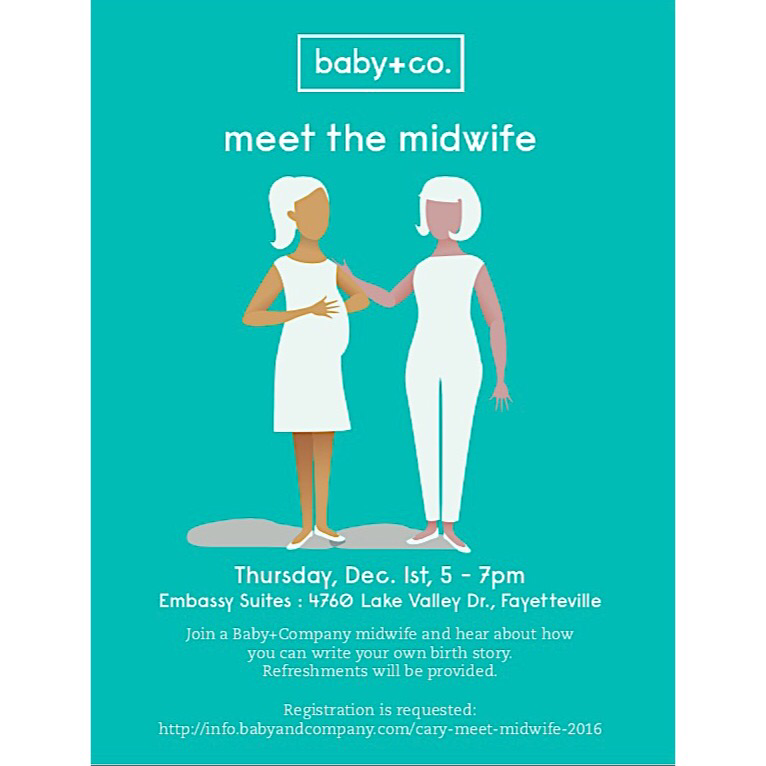
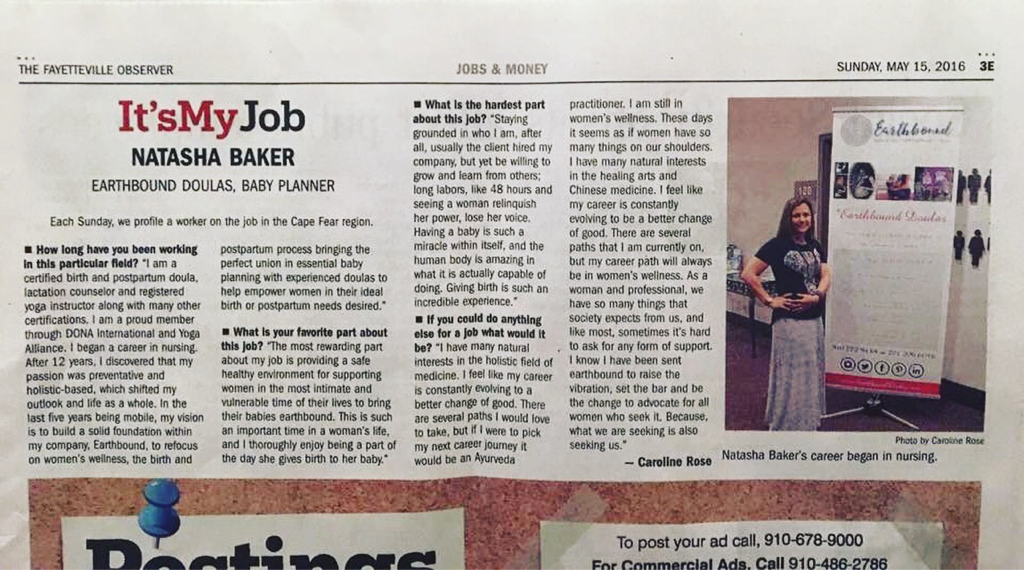
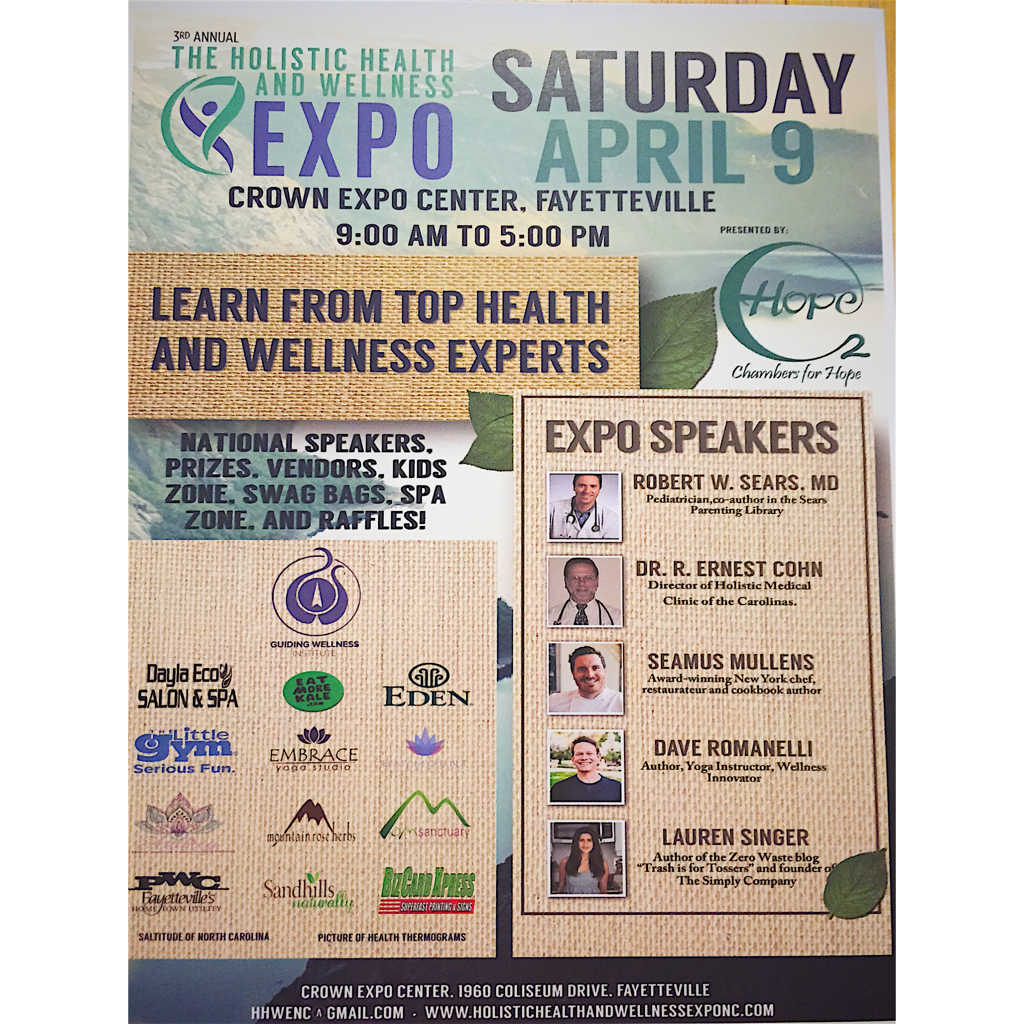
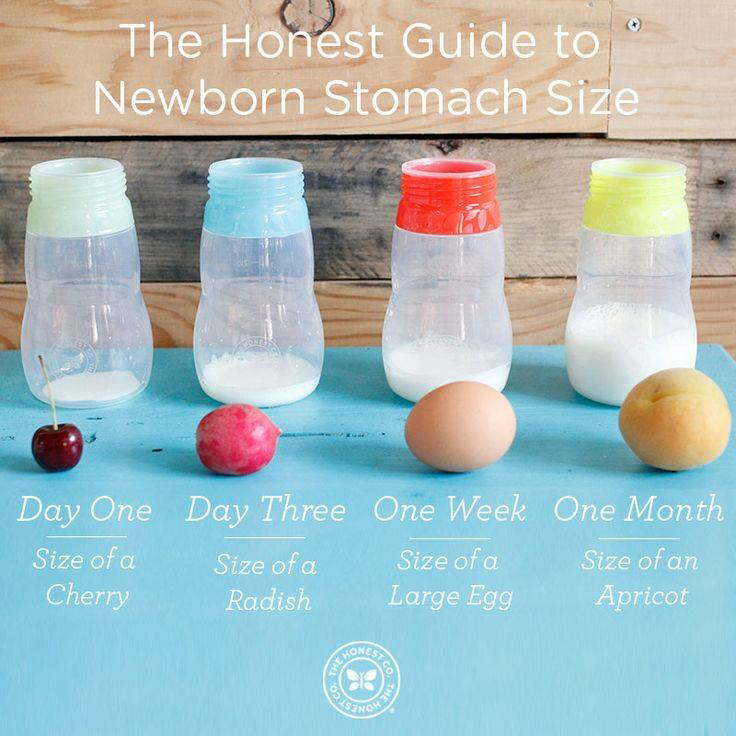

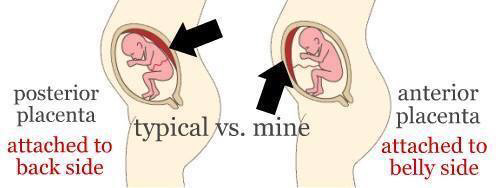
 RSS Feed
RSS Feed


